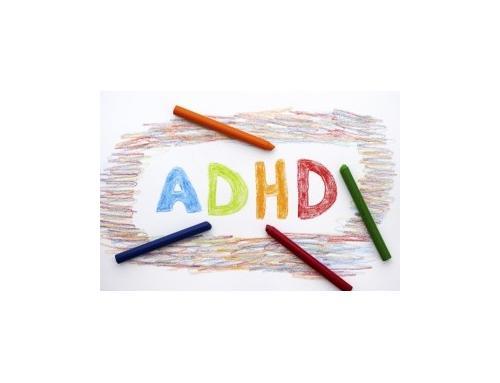 ADHD, or Attention Deficit Hyperactivity Disorder, is quickly becoming recognized as one of the most common childhood disorders, affecting almost one in 10 of American children age 13 to 18. It can be difficult for those adults who were not diagnosed as a child yet who struggle with some of the symptoms as an adult.
ADHD, or Attention Deficit Hyperactivity Disorder, is quickly becoming recognized as one of the most common childhood disorders, affecting almost one in 10 of American children age 13 to 18. It can be difficult for those adults who were not diagnosed as a child yet who struggle with some of the symptoms as an adult.
Symptoms of ADHD include difficulty staying focused, difficulty controlling behaviors, difficulty paying attention and hyperactivity. Not all of these need to be issues in order to have a diagnosis of ADHD as there are different subtypes and this is where much of the confusion lay. There are three subtypes including predominantly inattentive, predominantly hyperactive-impulsive and a combination of the first two subtypes. So someone with the inattentive subtype can look entirely different than someone with the hyperactive-impulsive subtype.
For those adults that may be dealing with ADHD but were never diagnosed as a child it can be a true challenge to navigate life and often the symptoms can go unnoticed for years without the individual truly understanding the negative impact it has had on their lives. Many adults with undiagnosed ADHD have developed coping skills to deal with their ADHD or have learned to use some of the symptoms in a successful way. In our practice we see some of these coping skills being the development of OCD-like behaviors (e.g. if you obsess about a task you are unlikely to forget to complete it) or the choice of a fast paced, ever changing job that yields success for a person who can quickly shift their attention.
On the other hand, we also see adults struggling with anxiety or depression due to an underlying constant struggle of not being able to remain organized, being constantly late, forgetful and overwhelmed by responsibilities. It is worthwhile for those adults who are uncertain if they have ADHD to have an assessment done by a professional. In our practice we have seen amazing positive changes in the quality of life of people who finally have come to recognize the issue that has been plaguing their life since childhood.
By Anna Shier, DO
The content on this website is not intended to be a substitute for professional medical advice, diagnosis, or treatment. Always seek the advice of your physician or other qualified health provider with any questions you may have regarding a medical condition.


